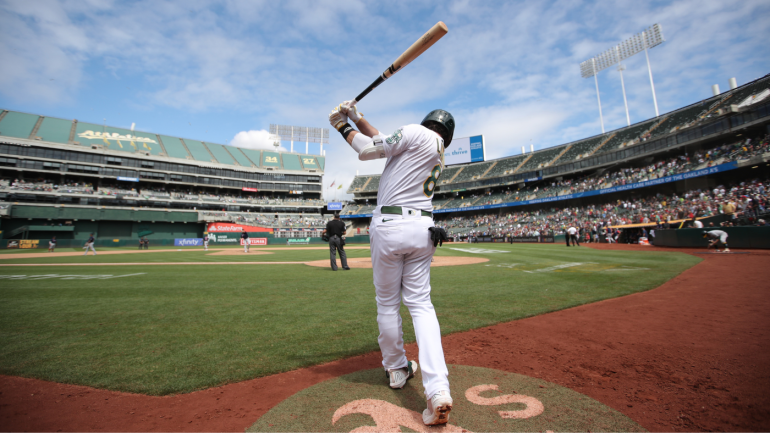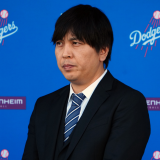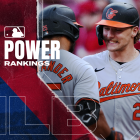
At some point in the future Major League Baseball will expand to 32 teams. I don't know if it'll happen in five years or 50 years, but it will happen eventually. And based on what is being said by those with the power to make it happen, it sounds like expansion to 32 teams could happen sooner rather than later.
"We are hopeful ... that we can find ourselves in a world of 32 teams rather than 30," MLB Players' Association executive director Tony Clark told reporters Tuesday, including the Los Angeles Times. That comes less than a month after commissioner Rob Manfred said he "would love to get to 32 teams" in an ESPN profile.
MLB last expanded in 1998, when the (Devil) Rays and Diamondbacks joined the league. We are currently in MLB's longest expansion drought since the league first expanded in 1961. There are no shortage of viable expansion cities (Charlotte, Montreal, Nashville, Portland, Las Vegas, etc.) or prospective owners. Owning an MLB team is very lucrative and many people want in.
The biggest issue standing in the way of expansion is the Athletics and Rays, specifically their ballpark situations. Manfred has said those two clubs need new stadiums before MLB can consider expanding. Part of that is leverage -- MLB wants to continue using Las Vegas as a relocation option as Oakland seeks a new park in the Bay Area, for example -- and part of it is just doing what's right.
"The condition of the Coliseum is a really serious problem for us," Manfred said Tuesday (per the Los Angeles Times). "(Approval for the Howard Terminal project) needs to happen now. It needs to be done. There needs to be a binding agreement done in Oakland quickly."
Last year Manfred suggested MLB could seek an expansion franchise fee north of $2 billion, which would equal a massive cash infusion for the 30 current owners. The NHL's Seattle Kraken paid a $750 million expansion fee in 2021, and with all due respect, MLB franchises are far more valuable than NHL franchises. MLB's expansion fee will undoubtedly be 10 figures.
For the players, expanding to 32 teams would mean an additional 52 active MLB roster spots and an additional 80 40-man roster spots. It also means more minor-league affiliates and more opportunities. Whenever MLB has expanded in the past, offense has increased in the short-term because the pitching talent pool is diluted, then it levels out. There's plenty of talent to support 32 teams.
Expanding to 32 teams presumably would create two 16-team leagues and eliminate the need for daily interleague play, though the universal DH took the starch out of that. It's likely MLB would realign to four four-team divisions per league and perhaps expand the postseason as well (14 teams?). That is my speculation, though it's not hard to envision expansion driving all those changes.






















